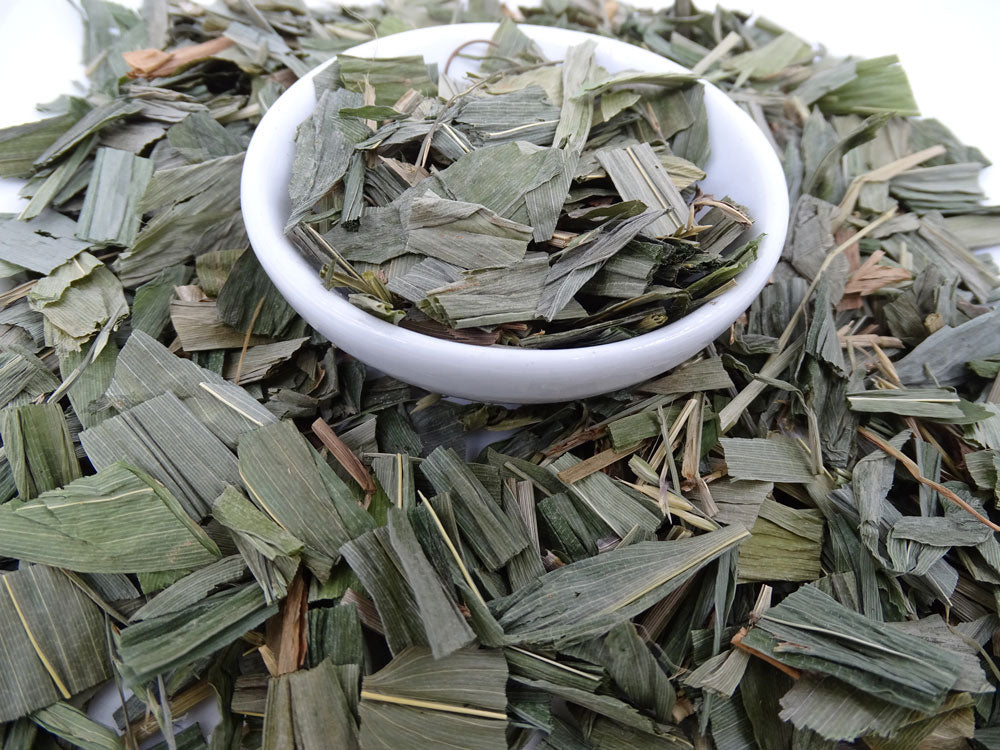Bamboo is one of the most versatile plants which was and is still being used in many countries, particularly in Asia. In fact, the history of people cultivating it can be traced back to China 7,000 years ago. As early as the 16th-11th century BC, it was used for basic needs such as food, clothing, housing, transportation, weapons, and even as musical instruments. When paper was invented, it became a popular writing medium. Indeed, Bamboo was a significant part of the lives of ancient Chinese people. No wonder, in the traditional Chinese culture, it has become a symbol of Oriental beauty as it represents the character of moral integrity, modesty, and loyalty.
Just like in Eastern Asian countries, Bamboo also has an economic and cultural significance in South Asia. For many people, this plant is considered a source of food, a durable building material, and a versatile raw product.
Characteristics of the Bamboo Plant
Bamboos which belong to the Bambusoideae subfamily of grasses are flowering perennial evergreen plants that are highly sustainable and fast-growing. In fact, some species can grow as much as 1 foot per day. Bamboo is durable, elastic, and flexible. Its stems which are also known as culms are straight and cylinder-formed. They can attain heights ranging from 4 to 6 inches in the smallest species, while they can grow up to about 130 feet in large species. Culms that are mature usually sprout leaf-bearing branches that are horizontal. The narrow leaves on the young culms, on the other hand, usually arise from the stem rings. Most bamboo plants flower and produce seeds only after 12 to 120 years’ growth.
In terms of its flavour profile, bamboo leaf tea has a mildly sweet taste that’s slightly grassy and complements most meals, whether they’re hot or cold. Bamboo leaf tea gets its taste from the process of using young leaves when harvesting the plant, and carries a slight bitterness, especially if you steep it for too long. Due to its mild taste, it can help cleanse your palate or work well mixed with other teas to create more complex flavours. Other teas we recommend trying it with include peppermint, lemon & ginger and licorice.
Bamboo Leaf Tea Benefits
Modern Medicinal Value of Bamboo Leaf
Whilst the bamboo stem is the most utilized part of the plant, its leaves are as important as they are very nutritious and they provide users with many health benefits when they are processed to make tea which include the following:
It contains fibre
Fibre, a type of carbohydrate does not only promote regular bowel movement. It can also help maintain healthy blood sugar levels, lower cholesterol, and manage blood sugar in the body.
It is a good source of Silica
Silica or quartz is one of the most common minerals in the world. Unknown to many, this compound which is popular because of its use in the textile and the technology industry is also good to the human body because of its amazing benefits. In fact, this is one of the reasons why Bamboo leaf tea is highly nutritious. Because of its silica content, it helps boost bone health, directs calcium into and out of the bones, promotes the growth of hair and nails, reduces aluminium levels in the body, and delays the sign of aging.
It helps keep the skin and joints healthy
As previously mentioned, Bamboo leaf tea delays the aging process because of silica, which is a building block of collagen. Collagen is one of the most abundant proteins in the human body. It helps smooth wrinkles, boosts skin elasticity, rejuvenates the joints, and aids the production as well as the maintenance of other skin-rich proteins such as elastin, a protein that provides skin elasticity.
It can boost the immune system and promote overall health
Bamboo leaf tea is considered an effective immune system booster and anti-aging beverage not only because of its silica content, but also because of its powerful antioxidants that regenerate cells, repair cell damage, slow down the aging process, and prevent illnesses by keeping the immune system in top condition. Aside from this, it also reduces the risk of stroke, prevents the formation of blood clots in the arteries, lowers the risk of hypertension, and strengthen the body.
With all these amazing benefits, no doubt Bamboo leaf tea can truly heal from the inside. If you’re interested in exploring other ranges of herbal teas - check out the range online at Tea Life!



